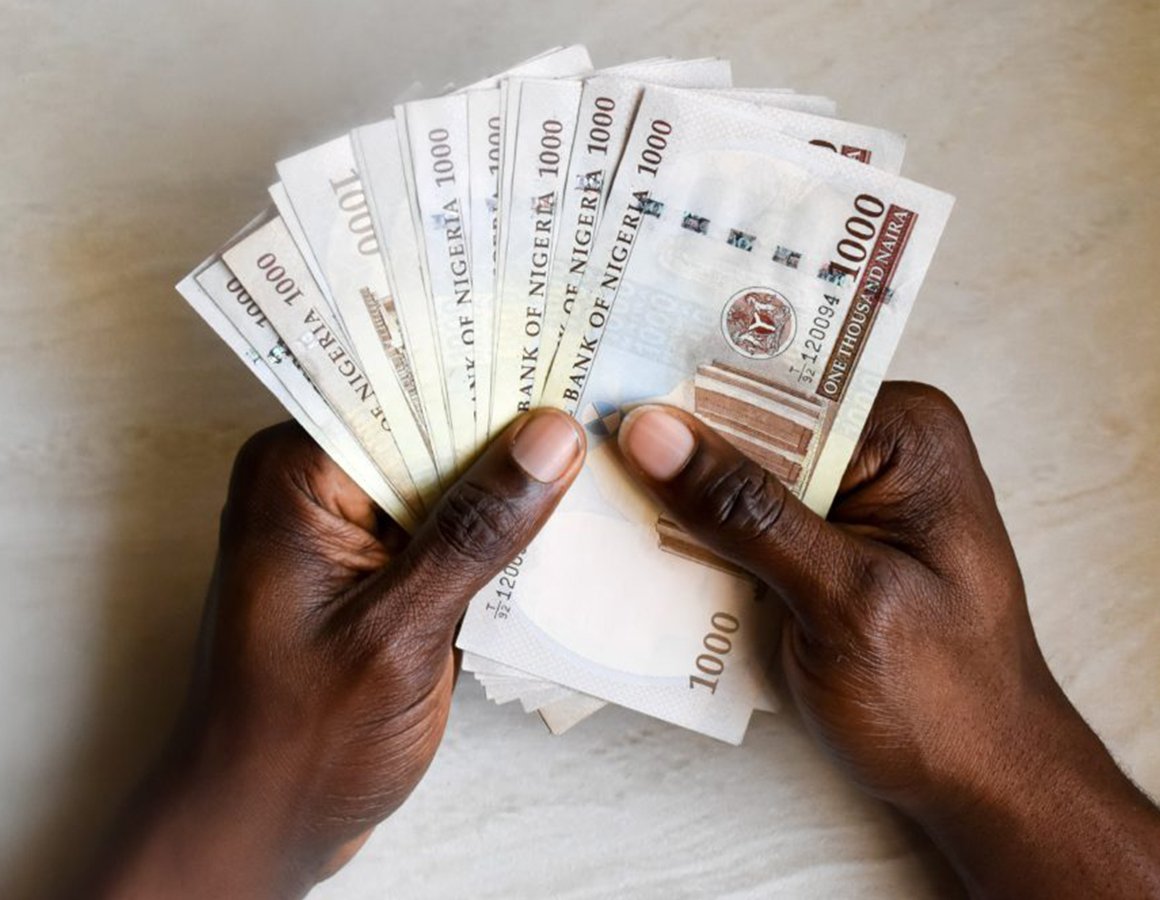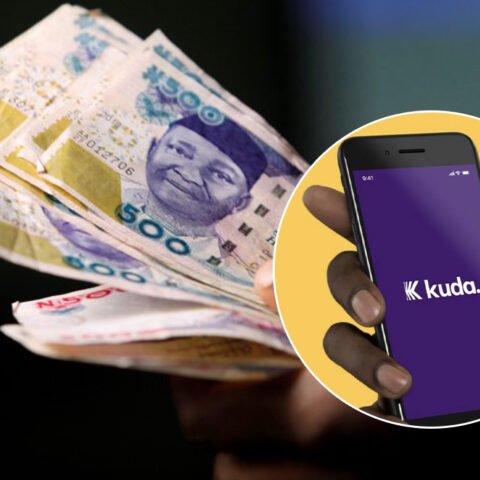Private loans in Nigeria often have exorbitant interest rates that can trap borrowers in debt cycles. Avoiding these high-interest loans requires knowledge of the lending landscape and alternative options. To sidestep predatory lending practices, borrowers should compare interest rates from multiple lenders, scrutinize loan terms carefully, and consider more affordable alternatives like microfinance banks or credit unions.
The Nigerian lending market includes a mix of traditional banks, microfinance institutions, and digital lenders. While some offer reasonable rates, others charge interest as high as 20% to 35% monthly. These excessive rates can quickly balloon small loans into unmanageable debts. Recognizing the signs of predatory lending, such as pressure to borrow more than needed or lack of transparency about fees, is crucial for protecting one’s financial well-being.
Fortunately, borrowers have options to access more affordable credit. Microfinance banks typically offer lower rates between 5% to 15%, while peer-to-peer lending platforms may provide rates from 10% to 20%. By researching these alternatives and comparing offers from multiple lenders, Nigerians can find loans with more reasonable terms and avoid the pitfalls of high-interest private lending.
Understanding Private Loans in Nigeria
Private loans in Nigeria offer alternative financing options outside traditional banking systems. These loans come with varying terms, interest rates, and potential risks that borrowers should carefully consider before entering into agreements.
Types of Private Loans
In Nigeria, private loans come in several forms. Personal loans are common, ranging from small amounts like N2,000 to larger sums of up to N100,000. These loans often have quick approval processes and minimal requirements.
Peer-to-peer lending platforms connect individual borrowers with lenders directly. This type of loan can offer more flexible terms but may come with higher interest rates.
Microfinance institutions provide small loans to individuals and small businesses, particularly in underserved communities. These loans typically have shorter repayment periods and higher interest rates compared to traditional bank loans.
Common Interest Rates
Private loan interest rates in Nigeria are generally higher than those offered by commercial banks. While banks charge around 9% to 11.13% per annum, private lenders may impose rates of 20% to 35% weekly or monthly.
The Central Bank of Nigeria (CBN) reports that private loans account for approximately 3.6% of total credit to the private sector. Despite this small percentage, demand for personal loans has increased in recent years.
Factors influencing interest rates include:
- Inflation rate
- CBN policies
- Credit risk assessment
- Market competition
Potential Risks
Borrowers face several risks when engaging with private loans in Nigeria. High interest rates can lead to a debt cycle if not managed properly. Some lenders may employ predatory practices, imposing hidden fees or harsh penalties for late payments.
Loan sharks often disguise themselves as legitimate lenders, targeting vulnerable individuals with exorbitant rates and aggressive collection methods. It’s crucial to verify a lender’s credibility before accepting any loan offers.
Data privacy is another concern, as some loan apps may request excessive personal information or misuse borrower data. Borrowers should carefully read terms and conditions and only provide necessary information to trusted lenders.
Criteria for Loan Comparison
When comparing private loans in Nigeria, several key factors should be considered to ensure you secure the most favorable terms. Evaluating these criteria carefully can help you avoid high-interest rates and unfavorable conditions.
Interest Rate Evaluation
Interest rates form the foundation of loan comparisons. In Nigeria, private lenders typically offer interest rates ranging from 3% to 12% for fixed-rate loans. Variable-rate loans may have lower initial rates but can fluctuate over time.
It’s crucial to understand the difference between nominal and effective interest rates. The nominal rate is the stated rate, while the effective rate accounts for compounding and fees. Always ask for the Annual Percentage Rate (APR) to get a more accurate picture of the loan’s cost.
Compare offers from multiple lenders to find the most competitive rates. Be wary of rates that seem too good to be true, as they may hide additional fees or unfavorable terms.
Repayment Terms and Conditions
Repayment terms significantly impact the overall cost and manageability of a loan. Loan terms typically range from five to 20 years, depending on the lender and loan type.
Key factors to consider include:
- Loan duration
- Prepayment penalties
- Grace periods
- Flexible repayment options
Longer terms may result in lower monthly payments but higher total interest paid over the life of the loan. Short-term loans often have higher monthly payments but lower overall interest costs.
Examine the fine print for hidden fees, such as origination fees, late payment charges, or processing fees. These can significantly increase the loan’s cost.
Lender Credibility and Reviews
Assessing the credibility of private lenders is crucial in avoiding predatory practices. Research the lender’s reputation and track record in the Nigerian financial market.
Look for lenders licensed by the Central Bank of Nigeria (CBN) or other relevant regulatory bodies. This ensures they operate within legal frameworks and adhere to industry standards.
Read customer reviews and testimonials from previous borrowers. Pay attention to complaints about hidden fees, poor customer service, or difficulties in repayment processes.
Consider the lender’s transparency in providing information. Reputable lenders should readily disclose all terms, fees, and conditions upfront. Be cautious of lenders who pressure you to make quick decisions or withhold crucial information.
Strategies to Avoid High-Interest Rates
Borrowers in Nigeria can employ several effective tactics to secure loans with more favorable interest rates. These methods focus on improving creditworthiness, leveraging assets, and skillful negotiation.
Improving Credit Score
A higher credit score can lead to lower interest rates on loans. Nigerian borrowers should prioritize timely bill payments and reduce existing debt levels. Regularly checking credit reports for errors is crucial.
Maintaining a mix of credit types, such as credit cards and installment loans, can positively impact scores. Avoiding multiple credit applications in a short period is advisable, as this can temporarily lower credit scores.
Borrowers should aim to keep credit utilization below 30% of their available credit limit. Paying off high-interest credit card debt can significantly improve credit scores and financial health.
Considering Collateral Options
Offering collateral can secure lower interest rates on loans. Common collateral in Nigeria includes real estate, vehicles, or valuable personal property.
Secured loans typically have lower interest rates compared to unsecured loans. This is because the lender’s risk is reduced when an asset backs the loan.
Borrowers should carefully assess the value of their collateral and ensure it matches or exceeds the loan amount. It’s crucial to understand the risks involved, as defaulting on a secured loan can result in the loss of the pledged asset.
Negotiating Loan Terms
Effective negotiation can lead to more favorable loan terms, including lower interest rates. Borrowers should research current market rates and competitor offerings before entering negotiations.
Highlighting a strong credit history, stable income, and low debt-to-income ratio can strengthen a borrower’s position. Consolidating higher-interest loans into a single, lower-interest loan can be an effective strategy.
Requesting a shorter loan term can sometimes result in a lower interest rate. However, this may increase monthly payments, so borrowers should ensure they can manage the higher amounts.
Alternative Financing Options
Nigerians seeking to avoid high-interest private loans have several viable alternatives. These options provide more affordable and accessible financing solutions tailored to various needs and circumstances.
Government-Backed Loans
The Nigerian government offers several loan programs aimed at supporting citizens and businesses. The Bank of Industry (BOI) provides low-interest loans for small and medium enterprises, focusing on sectors like manufacturing and agribusiness.
The Nigeria Incentive-Based Risk Sharing System for Agricultural Lending (NIRSAL) facilitates affordable financing for farmers and agribusinesses. This program helps reduce the risks associated with agricultural lending.
Another option is the National Housing Fund (NHF), which offers long-term, low-interest mortgages to Nigerian workers. This scheme makes homeownership more accessible for many citizens.
Community-Based Schemes
Community-based financing options in Nigeria provide alternatives rooted in local traditions and social structures. Esusu, a rotating savings and credit association, allows members to pool resources and take turns receiving lump sums.
Village Savings and Loan Associations (VSLAs) operate similarly, enabling rural communities to save collectively and access small loans. These groups often focus on empowering women and supporting micro-enterprises.
Cooperative societies also play a crucial role in community financing. Members contribute regularly and can access loans at favorable rates. These societies often cater to specific professions or local groups.
Microfinance Institutions
Microfinance institutions (MFIs) in Nigeria offer small loans and financial services to individuals and small businesses who may not qualify for traditional bank loans. These institutions typically have more flexible lending criteria and lower interest rates than private moneylenders.
Many MFIs in Nigeria focus on supporting women entrepreneurs and rural communities. They often combine lending with financial literacy training and business development support.
Some notable microfinance banks in Nigeria include LAPO Microfinance Bank, Accion Microfinance Bank, and Grooming Centre. These institutions provide a range of services, including savings accounts, microloans, and insurance products tailored to low-income earners.
Regulatory Framework and Consumer Protection
Nigeria has established regulations and consumer protections to safeguard borrowers from predatory lending practices. These measures aim to ensure fair lending practices and protect consumers’ rights in the financial sector.
Central Bank of Nigeria Regulations
The Central Bank of Nigeria (CBN) plays a crucial role in regulating private lending. It has implemented guidelines to curb excessive interest rates and unfair practices. The CBN requires all financial institutions to obtain licenses before operating.
Lenders must disclose all terms and conditions clearly to borrowers. This includes interest rates, fees, and repayment schedules. The CBN also sets maximum interest rate caps for different loan types to prevent exploitation.
Regular audits and inspections are conducted to ensure compliance. Violations can result in fines, license revocation, or legal action against the lender.
Consumer Rights
Nigerian consumers have specific rights when it comes to borrowing. They are entitled to clear, accurate information about loan terms before signing any agreement.
Borrowers have the right to:
- Compare offers from multiple lenders
- Receive a copy of their loan agreement
- Seek financial advice before committing
- File complaints against unfair practices
The Consumer Protection Council of Nigeria helps enforce these rights. It investigates complaints and can take action against lenders who violate consumer protection laws.
Financial literacy programs are being implemented to educate consumers about their rights and responsible borrowing practices. These initiatives aim to empower Nigerians to make informed financial decisions and avoid falling victim to predatory lenders.



